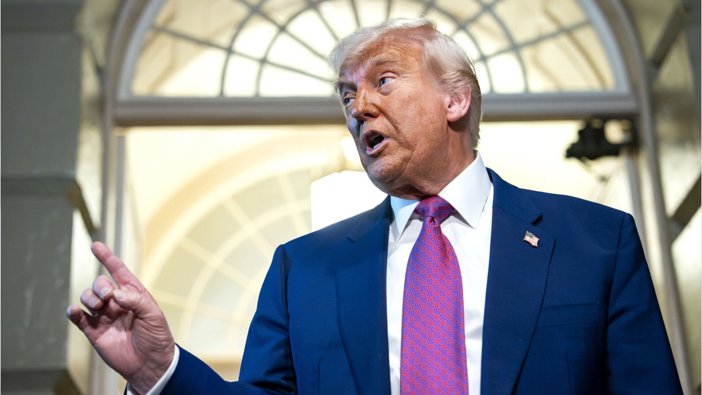
Republicans Seek Gun Tax Repeal in Trump’s Bill
Republicans seek to remove gun taxes and regulations in Trump’s bill as Senate Democrats vow tough opposition.
Republican Senators Target Gun Taxes in Trump’s “Big, Beautiful Bill”
Republican lawmakers are advancing a proposal within President Donald Trump’s comprehensive “big, beautiful bill” to eliminate federal taxes and registration requirements for certain firearms. Central to this push are policy changes that would delist short-barrel rifles, shotguns, and suppressors from the National Firearms Act (NFA), effectively removing the $200 federal tax and the obligation to register these items with the Bureau of Alcohol, Tobacco, Firearms and Explosives.
The gun reforms stem from the Stop Harassing Owners of Rifles Today (SHORT) Act, championed by Senator Roger Marshall of Kansas in the Senate and Representative Andrew Clyde of Georgia in the House. Senator Marshall argued the gun language would make the bill “even more beautiful,” while Representative Clyde described the move as a restoration of “our Second Amendment rights.”
Democrats Prepare for a “Root Canal” Legislative Fight
Despite Republican optimism, Senate Democrats have signaled fierce resistance. They are prepared to use the “Byrd Bath” process—an exhaustive legislative review named after the Byrd Rule governing reconciliation bills—to challenge and potentially strip the gun provisions from the broader legislative package. Senator Ron Wyden, the top Democrat on the Senate Finance Committee, noted the “Bryd Bath is the legislative equivalent of prolonged root canal work,” emphasizing that his team would spend the next week analyzing every aspect of the proposal.
Senator Clyde remains confident the pro-Second Amendment measures will survive the Byrd Rule’s scrutiny and ultimately be enacted, describing the NFA’s tax and registration requirements as “inseparably linked.” Senator Marshall, likewise, argued that the reconciliation process—requiring only a simple majority—represents the best chance for Republicans to pass these reforms. “I don't see another way to do it,” Marshall said, acknowledging that traditional legislation would require 60 votes, which are unlikely to materialize for such controversial changes.
Meanwhile, Senator Wyden stressed that reconciliation should focus on spending and budgetary effects, warning that some Republican efforts may be more about ideology than legitimate fiscal impact. “A lot of times you see Republicans, very conservative Republicans, try to convince the parliamentarian that something really is spending when it's really an ideological trophy,” he remarked.
The legislative showdown highlights the deep divide over gun policy in Congress. As Democrats gear up for a detailed and likely contentious review, the fate of the gun provisions will depend on the intricate rules of Senate procedure and the balance of power in the chamber. With the debate intensifying, both parties are bracing for a protracted and high-stakes battle over the future of federal gun regulation in the United States.






